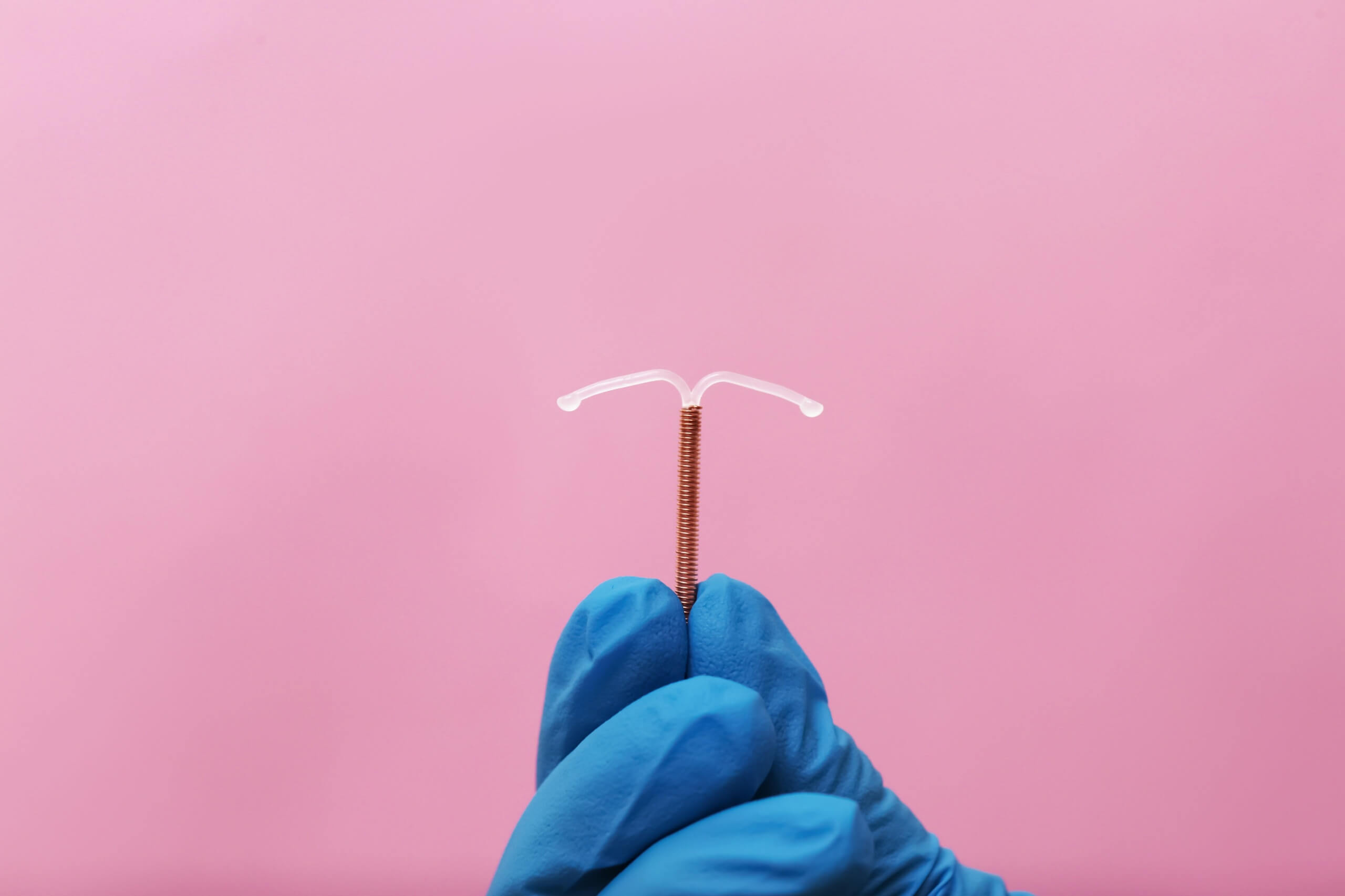Welcome to “peri-menopause”.
Basically “perimenopause” just means the years leading up to menopause. The average age of menopause is about 51, and “perimenopause” may include the 10 years before that, so basically it’s your 40s. Welcome. Good times.
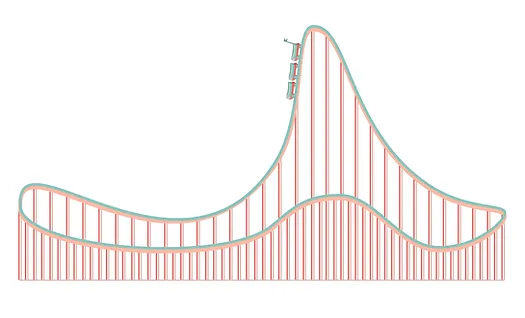
Can I Have My Hormones Tested?
Women often want their hormones tested, but this is rarely helpful. You need to understand that up until menopause, your estrogen and progesterone levels change daily.

In the normal menstrual cycle, estrogen and progesterone levels rise and fall, so we know it’s normal for hormones to fluctuate from day to day.
Women in their 40s seem to suffer from greater swings in these hormones, which can cause shorter cycles, heavier periods, and more severe PMS symptoms… so good times.
So What Can Be Done to Help With This?
The real treatment to “balance” these hormonal fluctuations would be a birth control pill, which keep hormones the same day-to-day. That’s how the pill works.
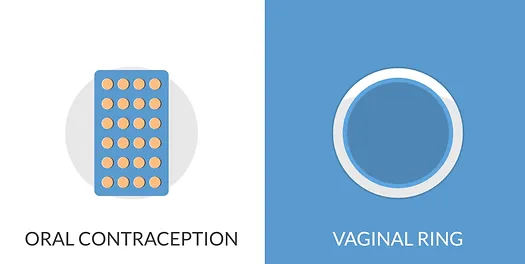
- The birth control pill gives a consistent level of estrogen and progesterone every day, so no ups and downs.
- It will regulate periods to make them predictable. It will make periods lighter and shorter.
- The pill can decrease PMS symptoms.
If irregular cycles and PMS mood swings are what bothers you most, then the pill is a good option to consider (The patch and vaginal ring also work the same way, so you don’t have to take a pill every day).
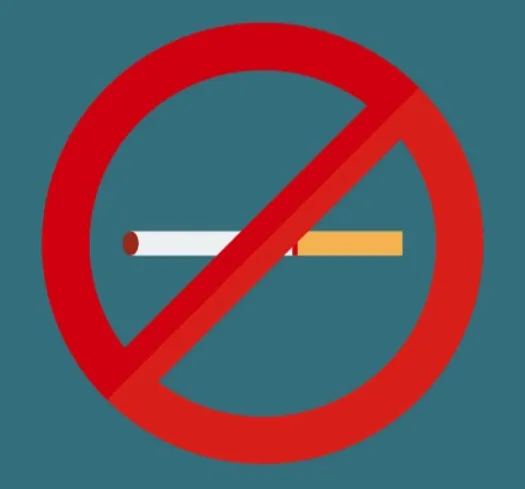
Discuss with your healthcare provider if it’s safe for you to take the birth control pill.
If you smoke or are at risk for blood clots, then the birth control pill is NOT a good option for you.
What If I Can’t Take ‘The Pill’?

If the birth control pill isn’t a good option for you, then just being aware of the normal hormonal swings can help. Sometimes, just knowing that these hormonal swings are normal, makes it OK. Women often worry something is “wrong” with them, and that in itself can be scary.
As always, healthy sleep, diet, and exercise habits are even more important. Keeping stress levels under control is also key.
Otherwise, there are some mild antidepressants that can help too, so talk with your healthcare provider about some options.
But I Just Can’t Stand How Heavy and Frequent My Periods Are!
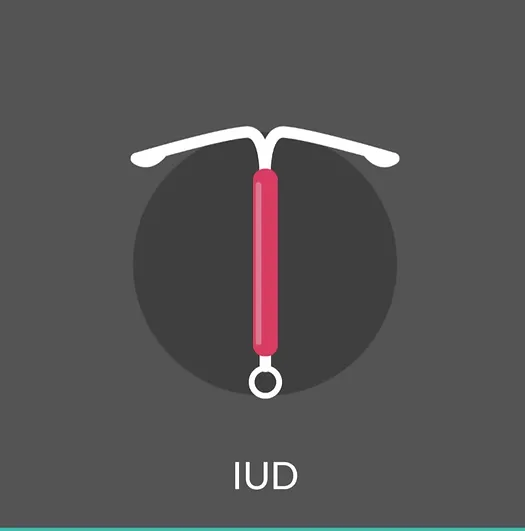
If you’re mostly bothered by how heavy or frequent the periods are, then just managing the periods alone can make a huge difference. You don’t need to bleed so heavily or so often, which is only making you prone to anemia.
If that’s the case, then a progesterone IUD or surgical procedure, such as an endometrial ablation, to help with periods are great options.
So, track your cycles and symptoms. Note the hormonal fluctuations, so you can best determine what’s bothering you. Understand these changes are normal, but there are some treatment options for you to discuss with your healthcare provider. Personally, I never have periods… who has time for that drama?


Ask Us A Question
Need more information? Please give us a call at (630) 320-6703 and someone from our team will be in contact with you soon.
Patient Resources




